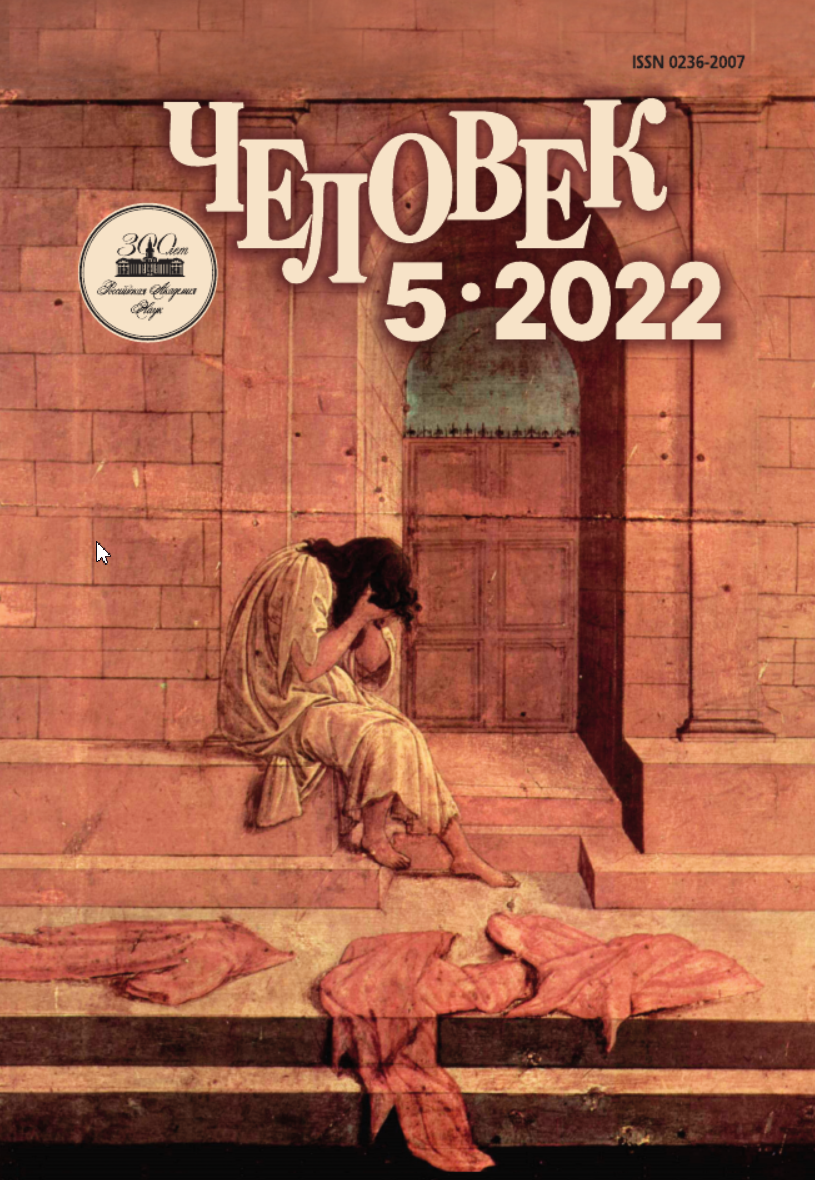Auschwitz and the Gulag: Remember Cannot Be Forgotten
Keywords:
analytical anthropology, negative anthropology, oblivion, memory, GULAG, Auschwitz, existentialism, concentration camp, guilt, survivalAbstract
The article explores the problem of memory and oblivion on the example of the tragic events of the 20th century associated with Auschwitz and the Gulag. The choice of this problem for analysis is due to its relevance by today, since in modern public life discussions about Stalin's repressions and the policy of Nazism haven’t lost their sharpness. Critical analysis and an unbiased assessment of these events today are faced with the phenomenon of “post-truth”, which generates a corresponding narrative, in which specific facts and analytical conclusions have less persuasive power than ready-made interpretations. The article discusses the question of how this issue fits into the global agenda as a whole, and whether it is particularly relevant for Russia due to its historical and cultural characteristics. Based on the works of modern philosophers, in particular, Valery Podoroga’s “Time after. Auschwitz and the Gulag: to think absolute evil”, an attempt is made to identify the main fractures of human subjectivity and the points of splitting of the individual. The destructive transformation of the human who has passed the test of a concentration camp manifests itself through the psychological state of the subject, the reflex work of the body, and as a result of bodily manipulations. However, Podoroga considers not exactly the survival in inhuman conditions, but continuation of life after the camp experience, as the main problem. If survival is a physiological overcoming; then life after survival is an existential struggle with the past so painfully experienced, which haunts and tries to constantly remind of itself. The evil of the past days has not been dissolved in the past, has not been fully comprehended either. The reasons for its origin have not been overcome and persist in the present. Until the tragic mistakes of the past are worked out, society will not find an incentive for moral development. The conducted research allows us to conclude that it is necessary to strive to recognize the Absolute Evil in various guises and prevent new humanitarian disasters, restoring memory and historical justice by realizing and experiencing guilt in one's own history, since memory is one of the main foundations of culture.






